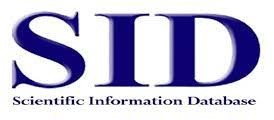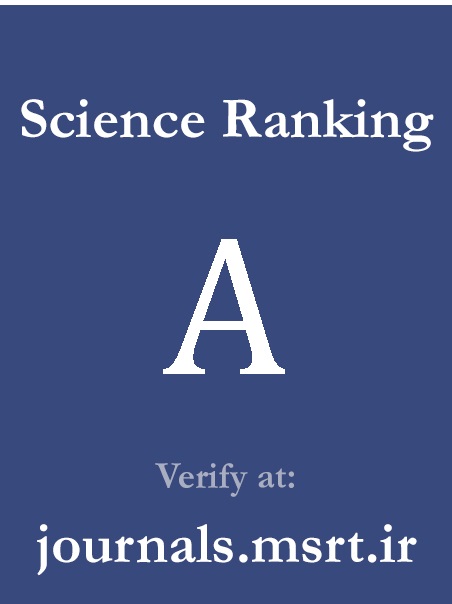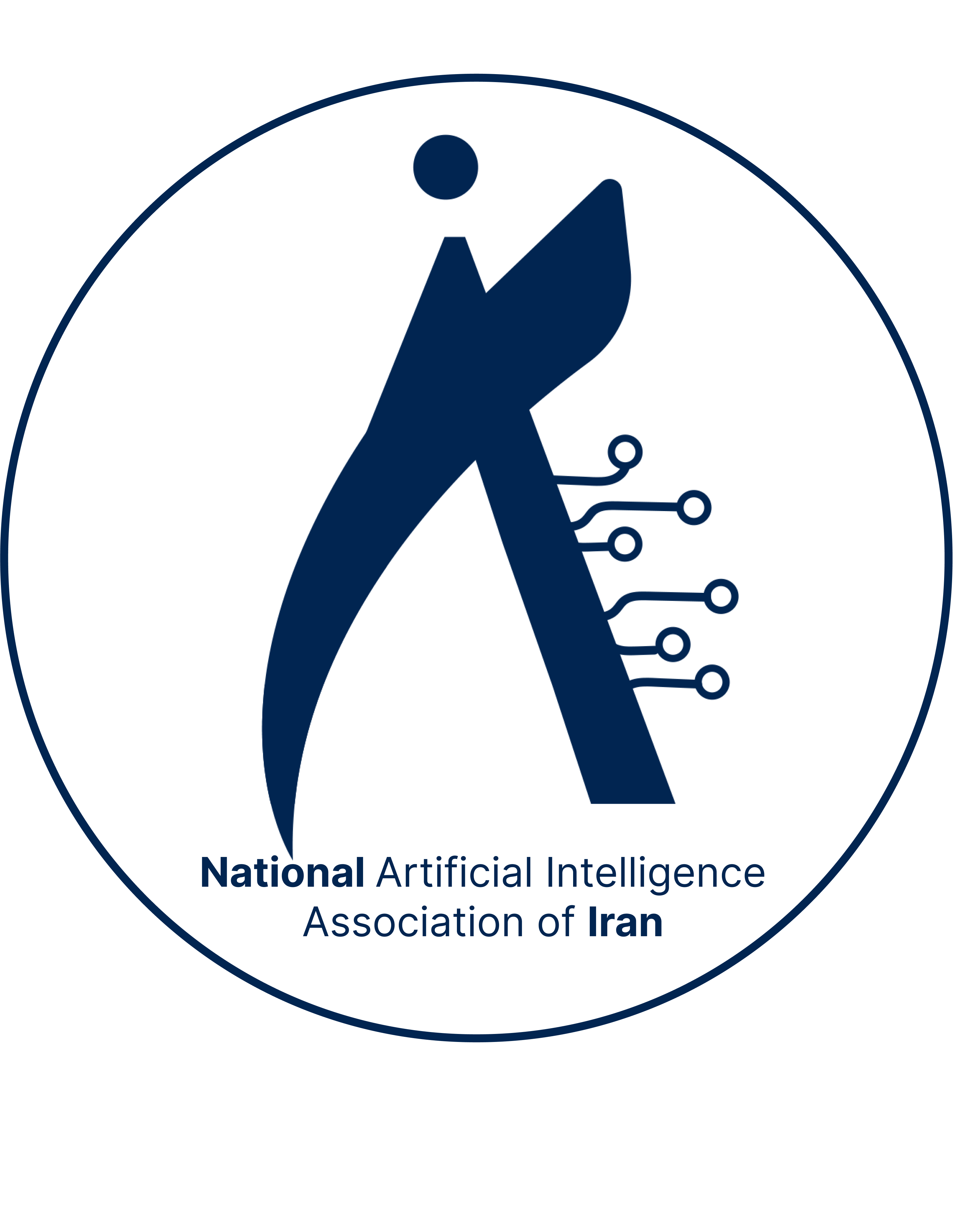About the Journal
AI and Tech in Behavioral and Social Sciences is a cutting-edge, peer-reviewed (open peer-review), open-access journal dedicated to exploring the dynamic intersection of artificial intelligence (AI), technology, and the behavioral and social sciences. Published quarterly by KMAN Publication Inc., this journal serves as a platform for innovative research, theoretical discussions, and practical insights that bridge the gap between technological advancements and insights into human behavior, societal trends, and social processes.
Our vision is to be at the forefront of disseminating high-quality, impactful research that harnesses the potential of AI and technology to understand and address complex social and behavioral challenges. We aim to facilitate an interdisciplinary dialogue that fosters collaboration between researchers, practitioners, and policymakers from diverse fields including psychology, sociology, anthropology, education, public health, sports sciences, and more.
About the Publisher
Publisher: KMAN Publication Inc.
Publisher Office: Unit 5‑10825 Yonge St, Richmond Hill, Ontario, Canada, L4C 3E3
https://journals.kmanpub.com
Email: kmanpu@kmanpub.com
Telegram: +1 (647) 656‑4401 | WhatsApp: +1 (437) 429‑3507
Germany Office: Dratelnstrasse, Wohnung A60, 21119 Hamburg, Germany (+4915207720487)
Aim and Scope
The mission of AI and Tech in Behavioral and Social Sciences is to:
- Promote cutting-edge research that integrates AI and technology in the study of social and behavioral sciences.
- Encourage interdisciplinary approaches that break down silos between technology and social sciences.
- Provide an open, accessible platform for the dissemination of research findings to a global audience.
- Foster ethical considerations and responsible research practices in the development and application of technology in social and behavioral contexts.
- Support early-career researchers and established scholars alike in contributing to the advancement of this dynamic field.
The journal welcomes submissions that cover a broad range of topics at the intersection of AI, technology, and behavioral and social sciences. Our areas of interest include, but are not limited to:
1. AI and Technology in Social Sciences and Behavioral Research: This area encompasses the application of artificial intelligence tools and techniques to psychological, sociological, and anthropological studies. It aims at modeling human behavior, analyzing social networks, understanding cultural dynamics, and examining the societal impact of automation and robotics. Relevant discussions may include the use of AI in analyzing behavior patterns, predicting social phenomena, and the implications of automation and robotics on society and behavior.
2. Technology-enhanced Learning across Disciplines: Investigates the impact of digital tools and technologies, including virtual and augmented reality, on learning processes and educational outcomes across various disciplines. This area covers the evaluation of digital teaching tools, the effectiveness of virtual classrooms, and the use of VR/AR in therapy, rehabilitation, and social skills training, aiming to enhance educational methodologies and outcomes.
3. Ethical, Privacy, and Societal Challenges in AI: Addresses the ethical, privacy, and societal issues associated with the use of artificial intelligence and technology in research and deployment. Discussions include ethical dilemmas in AI research, privacy concerns in digital data collection, the development of ethical AI systems, corporate responsibility in technology deployment, and recommendations for AI governance.
4. AI and Technology in Health: Focuses on the application of AI and technology in health, encompassing the identification, diagnosis, and treatment of mental health conditions, as well as public health monitoring and disease surveillance. This area includes discussions on AI-driven diagnostic tools, digital health interventions, the effectiveness of tech-driven public health campaigns, and the use of big data in epidemiological research.
5. Digital Interventions and Technology in Behavioral and Environmental Change: Explores the development and impact of digital interventions on behavior and environmental sustainability. This includes the use of apps, websites, and digital tools aimed at health promotion, education, and encouraging eco-friendly behaviors, as well as discussions on the role of technology in promoting recycling, conservation behaviors, and supporting sustainable development goals.
6. AI and Technology in Cultural, Environmental, and Public Well-being: Examines the use of AI and technology in understanding and appreciating cultural diversity, supporting entrepreneurship and innovation, and managing crises and disaster responses. Topics include AI applications in cultural heritage, the impact of technological innovation on entrepreneurship, and the use of technology in emergency response and crisis management.
7. Big Data, Analytics, and Technology in Society: Focuses on the use of big data techniques and analytics in conjunction with human-computer interaction studies to uncover insights into social and behavioral patterns and examine the broader social implications of technology use. This area includes discussions on data mining, pattern recognition, predictive modeling, user experience design, and the societal effects of widespread technology use.
8. Technology, AI, and their Impact on Work and Education: Delves into how artificial intelligence and technology affect management practices, organizational behavior, governance practices, and civic engagement. Topics include the integration of technology in leadership, decision-making processes, digital platforms enhancing team collaboration, AI in public decision-making, and the role of technology in enhancing transparency and accountability in governance.
9. The Intersection of AI, Technology, and Creative Fields: Investigates the confluence of AI, technology with the arts, and the development and implications of social robots. This area includes discussions on the creation of AI art, digital tools for art conservation and restoration, the psychological and social dimensions of human-robot interaction, and design principles for creating socially aware robots.
10. AI, Technology, and Sports Sciences: Focuses on the integration of AI and technology in sports sciences, aiming to enhance athletic performance, prevent injuries, and explore the social aspects of sports. Discussions may include AI for performance analysis, wearable technologies for athlete health, the social impact of e-sports, and technology's role in fan engagement and sports marketing.
Publication Frequency and Access
AI and Tech in Behavioral and Social Sciences publishes on a quarterly basis, ensuring timely access to the latest research findings and theoretical advancements. As an open-access journal, all articles are freely available to read, download, and share, broadening the impact of our authors' work across the globe.
Peer Review Process
We employ an open peer-review process that encourages transparency and constructive feedback, helping to enhance the quality and integrity of published research. This approach facilitates a productive dialogue among authors, reviewers, and the wider scholarly community, contributing to the ongoing development of the field.
Open Access Statement
AI and Tech in Behavioral and Social Sciences is committed to immediate and real open access for academic work. All the original articles, technical briefs, and review papers published in this journal are free to access immediately from the date of publication. There are no author charges (commonly known as APCs) prior to publication and no charge for any reader to download articles and reviews for their own scholarly use.
Copyright and License Agreement
Authors retain unrestricted copyrights and publishing rights. The author has complete control over the work . This work is licensed under a Creative Commons Attribution-NonCommercial 4.0 International License.
The workings of the Creative Commons: BY-NC License, as stated on the Creative Commons website, is defined as below:
"This license lets others remix, tweak, and build upon your work non-commercially, and although their new works must also acknowledge you and be non-commercial, they don’t have to license their derivative works on the same terms."
The authors retain the copyright and full publishing rights without restrictions.
Similarity Check
At AI and Tech in Behavioral and Social Sciences, we uphold the highest standards of academic integrity and rigor. To ensure the originality and quality of all submitted manuscripts, we utilize iThenticate, a leading plagiarism detection tool. All manuscripts undergo a thorough similarity check through iThenticate's advanced algorithms, helping us maintain the integrity of scholarly research and adhere to ethical publishing practices.
Repository and Archiving Policies
Authors are permitted to deposit all the following versions of their paper in an institutional or subject repository without any embargo.
- Preprint
- Author's Accepted Manuscript
- Published article (Version of Record)
The journal's website deposit all mentioned versions.
*The contents are archived and preserved at LOCKSS and CLOCKSS
Therefore, the articles will be available at the mentioned website in case they get removed from the journal website for any reason and the files remain permanently on that websites.








